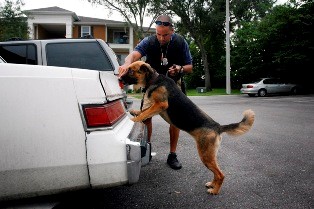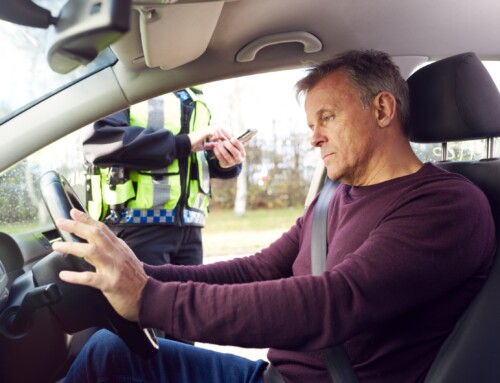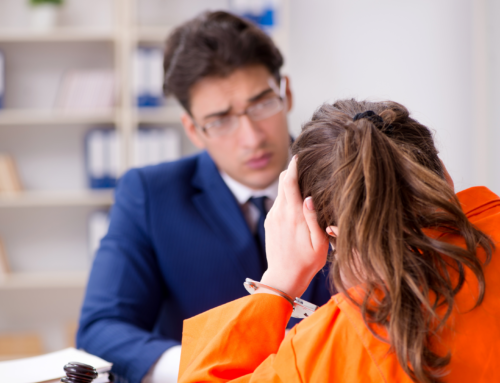
Here are some scenarios and situations to be aware of when dealing with drugs and canine searches.
- The temporary detention of luggage in a public place so that a trained dog may sniff it to determine whether drugs are present does not constitute a search.
- Walking a narcotics detection dog around the exterior of a car does not constitute a search for drugs because the exterior sniff does not require entry into the car and is not designed to disclose any information other than the presence or absence of drugs.
- The United States Supreme Court has held that conducting a canine sniff would not change the character of a traffic stop that is lawful at its inception and otherwise executed in a reasonable manner, unless the sniff itself infringed the respondent’s constitutionally protected interest in privacy. Use of a well-trained drugs detection dog that does not expose non-contraband items that otherwise would remain hidden from public view during a lawful traffic stop generally does not implicate legitimate privacy interests. Thus, a canine sniff performed for drugs on the exterior of a car while the defendant was lawfully seized for a traffic violation does not infringe on the defendant’s privacy expectations.
- A canine sniff of a vehicle does not constitute an invasion of privacy and does not violate the defendant’s right to be free from unreasonable search and seizure as long as the dog is “welltrained.”
- Absent probable cause, the drug canine sniff must be done during the course of the routine traffic stop to be valid.
- Absent reasonable and articulable suspicion, the police may not prolong a routine traffic stop in order to allow time for a drug canine unit to arrive.
- It is important to note that a suspicionless canine sniff at a routine traffic stop is not a violation of the Fourth Amendment.
Purav Bhatt is a criminal defense attorney serving the Chicagoland area including Cook, Lake, DuPage and Will counties. If you or a loved one has been charged with a criminal offense contact The Law Office of Purav Bhatt at 773-791-9682.






